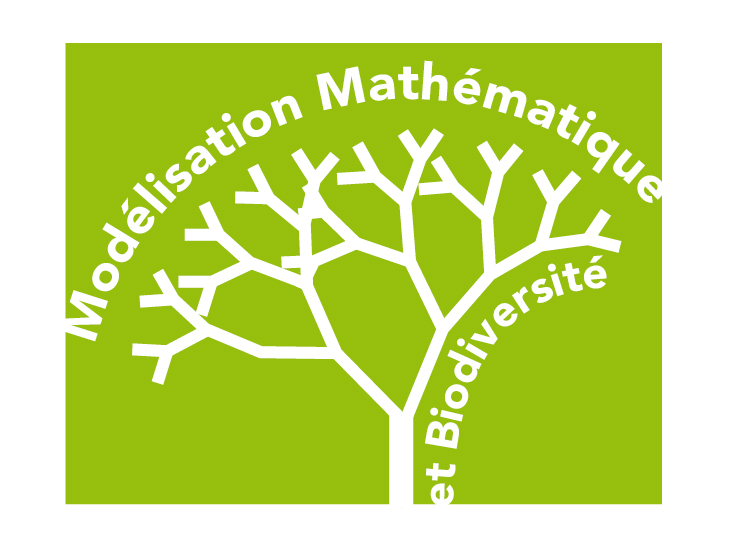Rencontre de la chaire du 25 avril 2022 matin, en amphi Becquerel à l'Ecole Polytechnique.
Programme :
- 09h30-10h00 : accueil café
- 10h00-10h40 : Isabelle Gounand (CNRS, iEES Paris) et Benoît Pichon (AgroParisTech/ENS PSL) How spatial flows of resources drive ecosystem stability and productivity? Theoretical insights from meta-ecosystem models.
Résumé
Resource flows connect the dynamics of different communities and habitats in spatially structured landscapes. Here we will present how meta-ecosystem models can help understand different mechanisms by which these flows may contribute to stability and productivity of ecosystems at different scales, from spatial synchrony mechanisms to spatial complementarity of resource use among ecosystems.
- 10h45-11h25 : Fabien Crauste (CNRS, MAP5) Mathematical and Computational Immunology: Differentiation, Heterogeneity, and Multiscale Descriptions of the CD8 T Cell Immune Response.
Résumé
Immune cells allow a priori fast and efficient responses against non-self agents. They rely upon the ability of the organism to identify threats and trigger the most appropriate reactions. Cytotoxic immune responses aim in particular at inducing infected cell death, and to do so they integrate early on information about the nature of the infection in order to perform an appropriate differentiation program. This leads to an important inter-individual variability in terms of cell counts and temporal dynamics among individuals of a given population (for instance, mice or humans). Most theoretical models of immune responses, either mathematical or computational models, usually consider only population-aggregated values such as mean and standard deviation. I will discuss complex, multiscale models of the T cell immune response, accounting for coupled descriptions of both molecular and cellular dynamics, and I will show that it represents an original tool for investigating the influence of early molecular events on the long-term cellular dynamics in silico.
My presentation will be based on Crauste et al, Cell Systems (2017), Audebert et al., In Silico Biology (2021), Girel et al., Front. Immunol. (2019), and all works have been done in collaboration with Dr. Marvel's team at the International Center for Research in Infectiology in Lyon.
- 11h25-11h55 : pause
- 11h55-12h35 : Paul Verdu (MNHN, AGène) Reconstructing highly complex admixture histories using genetic data.
Résumé
Genetic admixture is a ubiquitous process in the evolutionnary history of numerous species. In the past 20 years, population genetics approaches have been developped to reconstruct genomic patterns of local-ancestry and to reconstruct the admixture histories underlying the observed patterns. These powerfull maximum-likelihood methods have been extensively used with success to highlight the key role played by admixture in shapping genetic diversity and the evolution of human populations as well as that of several other species for which massive genomic data exist. Nevertheless, these elegant and efficient methods suffer from inherent methodological and practical limitations, extensively discussed by their authors, which prevents researchers to investigate more realistic highly complex admixture histories and/or more limited genetic datasets. Here we propose to overcome these crucial limitations with an alternative approach based on explicitly-parameterized general mechanistic models of complex admixture explored with machine-learning Approximate Bayesian Computation inferences.
- Suivi d'un déjeuner sur place
|


